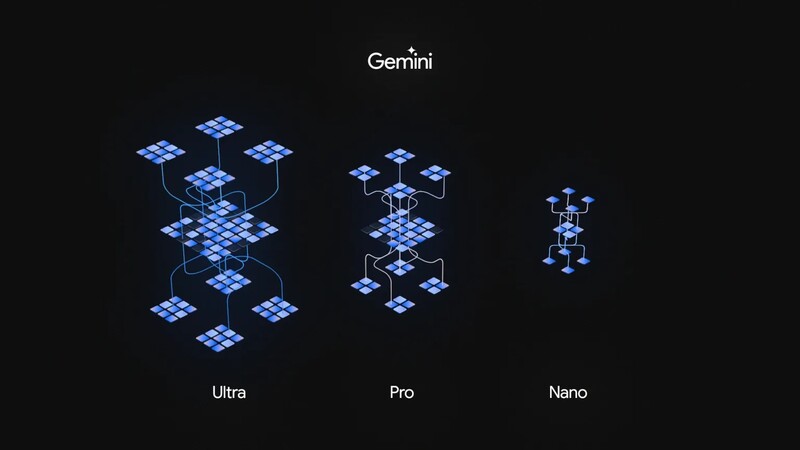What are push notifications?
Unlike regular notifications that pop up when an app is open, push notifications are only sent when an app is closed. When an “event” — something the app wants to tell you about — happens, it sends data to Google and Apple’s servers, which then sends it to your phone to wake the app up.
Why are they a security issue?
It’s up to developers whether or not they encrypt push notification data, which is left behind on Google and Apple servers. Last week, U.S. Senator Ron Wyden said he got a tip that foreign governments had been pushing the companies to share that data, suggesting it was for surveillance purposes.
.png)




.png)


.gif)
